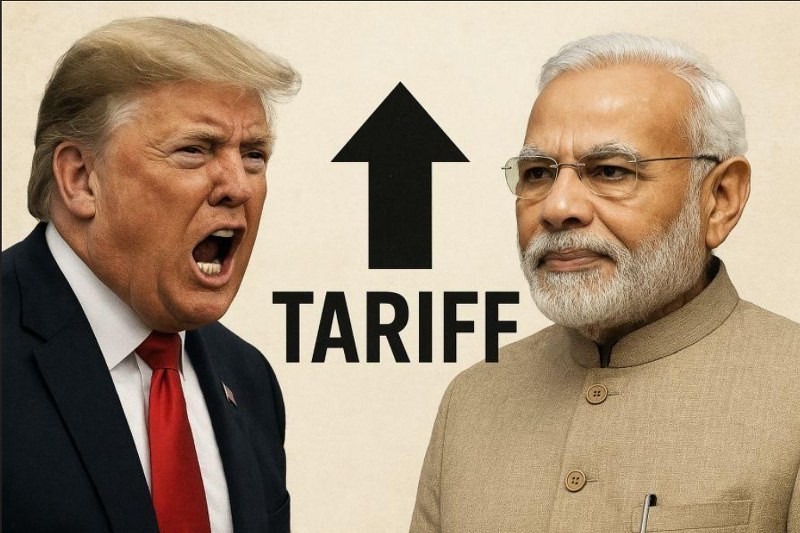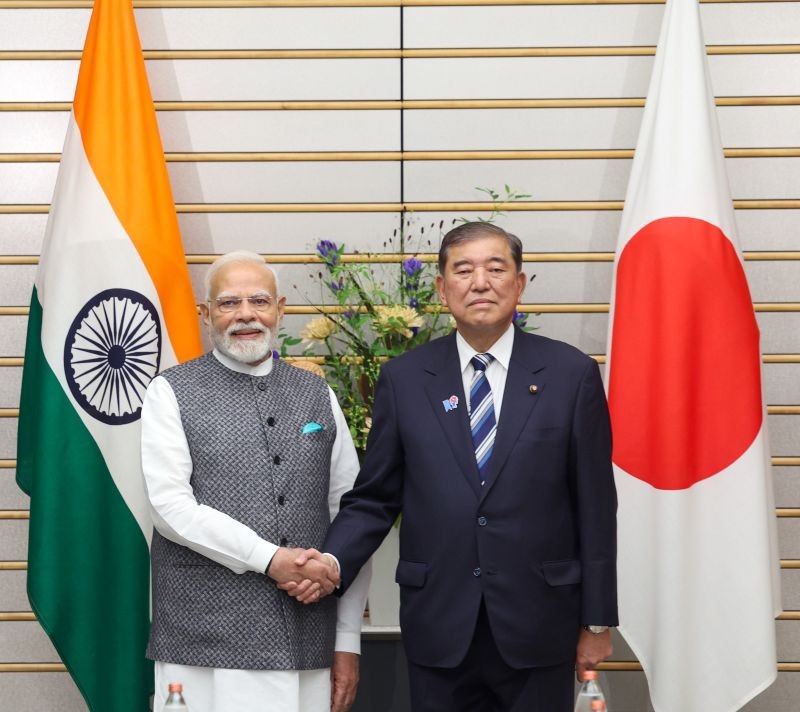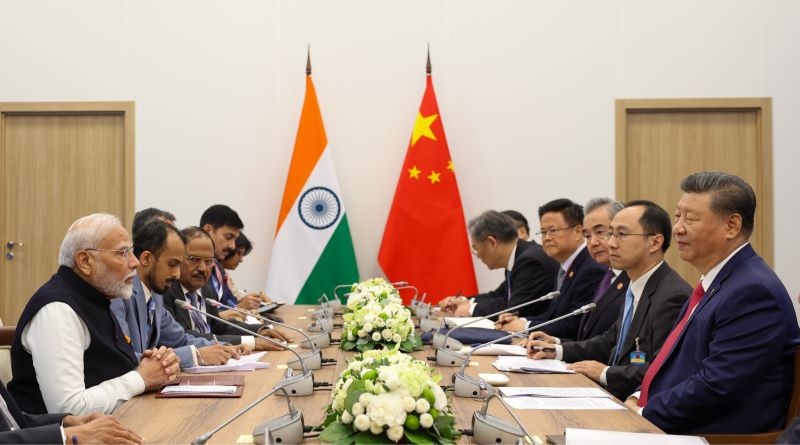Operation Sindoor a decisive victory that nations can study to fight state-sponsored terrorism: Urban warfare expert John Spencer

John W Spencer, a retired United States Army officer and researcher of urban warfare, has praised India's air defence while commenting on the recent conflict with Pakistan and said New Delhi achieved a 'massive victory' against its nuclear-armed neighbour Pakistan setting a precedent for other nations confronting state-sponsored terrorism.
In his long analysis on the conflict, Spencer wrote on X: "India has not declared Operation Sindoor completely over. What exists now is a sensitive halt in operations—some may call it a ceasefire, but military leaders have deliberately avoided that word. From a warfighting perspective, this is not merely a pause; it is a strategic hold following a rare and unambiguous military victory."
"After just four days of calibrated military action, it is objectively conclusive: India achieved a massive victory," he said.
Spencer said Operation Sindoor, which was launched by the Indian Armed Forces on May 7 in response to Pahalgam terror attack, met and exceeded its strategic aims that included destroying terrorist infrastructure, demonstrating military superiority, restoring deterrence, and unveiling a new national security doctrine.
'India Was Not Fighting For Vengeance'
Spencer said Operation Sindoor was not about occupation or regime change.
"It was limited war executed for specific objectives. Critics who argue India should have gone further miss the point. Strategic success isn’t about the scale of destruction—it’s about achieving the desired political effect," he said.
He said: "India was not fighting for vengeance. It was fighting for deterrence. And it worked."
"India’s restraint is not weakness—it is maturity. It imposed costs, redefined thresholds, and retained escalation dominance. India didn’t just respond to an attack. It changed the strategic equation," he said.
The expert said the operation showed it was a demonstration of disciplined military strategy.
"Modi’s doctrine, India’s advancing domestic defense industry, and the professionalism of its armed forces all signal a country no longer preparing for the last war. It is preparing for the next one," he said.
"The halt in operations is not the end of Operation Sindoor. It is a pause. India holds the initiative. If provoked again, it will strike again," he said.
'Nations Should Study'
Describing Operation Sindoor as a modern warfare, Spencer said: "The halt in operations is not the end of Operation Sindoor. It is a pause. India holds the initiative. If provoked again, it will strike again."
"This is deterrence restored. This is a new doctrine revealed. And it should be studied by all nations confronting the scourge of state-sponsored terrorism," he said.
Lauding the operation further, he said: " Operation Sindoor was a modern war—fought under the shadow of nuclear escalation, with global attention, and within a limited objective framework. And by every measure that matters, it was a strategic success—and a decisive Indian victory."
Who is John W Spencer
John Spencer is an award-winning scholar, professor, author, combat veteran, national security and military analyst, and internationally recognized expert and advisor on urban warfare, military strategy, tactics, and other related topics.
In his career, he served as an advisor to the top four-star general and other senior leaders in the U.S. Army as part of strategic research groups from the Pentagon to the United States Military Academy.
Spencer currently serves as the Chair of Urban Warfare Studies at the Modern War Institute at West Point, Co-Director of the Urban Warfare Project, and host of the Urban Warfare Project podcast, his website said.
India-Pakistan Conflict
India and Pakistan agreed to a ceasefire after days of launching Operation Sindoor to target Pakistan's terror camps and hubs of terrorist training. The credit of the ceasefire was claimed by US President Donald Trump as he declared the news to the world even before India could announce the decision.
Pakistan is believed to have approached the US and raised the nuclear alarm after Nur Khan airbase, its nuclear HQ, was badly damaged by India’s strategic strikes.
Foreign Secretary Vikram Misri confirmed the implementation of a ceasefire between India and Pakistan during a press briefing on Operation Sindoor on Saturday.
A section of experts and people in India were disappointed that the ceasefire came a bit too early and India should have inflicted more damage on Pakistan as it had a clear upper hand.
Many attacked Prime Minister Narendra Modi for giving in to US pressure and agreeing to a ceasefire early. However, defence experts across the world praised Modi for his sagacity and the Indian military for their pinpoint precision in attacking the infrastructure of terrorism across the border.




